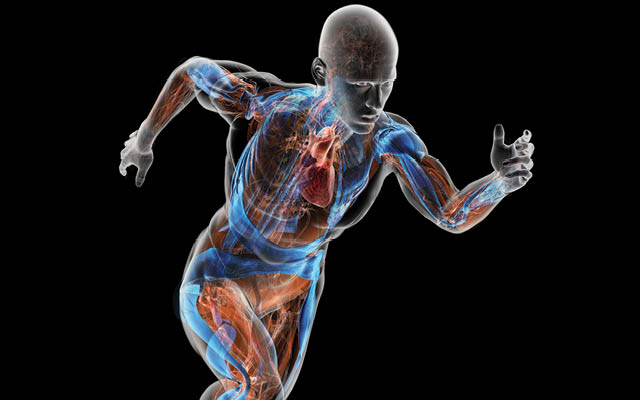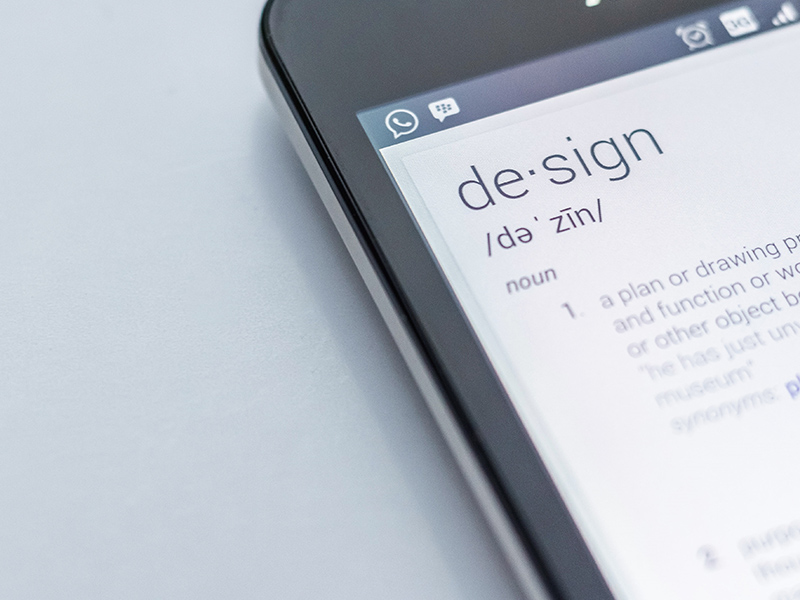Chi Kung (or Qigong) is an ancient practice of traditional Chinese medicine that combines slow movements, breathing techniques and meditation to promote physical and mental health. It is used to improve the flow of vital energy (qi) in the body, increase strength, flexibility and reduce stress. Chi Kung practices can vary greatly, including dynamic and static forms, breathing exercises and visualizations.
From a neuroscience point of view, several studies have investigated the effects of Chi Kung on the brain and nervous system. Some of the key findings include:
Stress and Anxiety Reduction: Studies have shown that Chi Kung practice can reduce levels of cortisol, a hormone associated with stress, and increase relaxation, thus improving mood and reducing anxiety.
Improved Cognitive Function Chi Kung can help improve cognitive functions, such as memory and attention. This effect may be due to increased blood flow to the brain and reduced inflammation.
Regulation of the Autonomic Nervous System: Practices such as Chi Kung can help balance the autonomic nervous system, reducing the activity of the sympathetic nervous system (associated with the “lotta flowers”) and increasing the activity of the parasympathetic nervous system (associated with rest and digestion).
Neuroplasticity: Some research suggests that regular Chi Kung practice can promote neuroplasticity, the brain's ability to reorganize itself by forming new neuronal connections, which is critical for learning and adaptation.
Improved Sleep: Chi Kung can improve the quality of sleep, thanks to its ability to reduce stress and anxiety, promoting a deeper state of relaxation.
In summary, Chi Kung is a holistic practice that has shown potential benefits on mental and physical health, supported by neuroscientific research that explains some of the underlying mechanisms, such as stress regulation, increased neuroplasticity and improved cognitive functions. .








